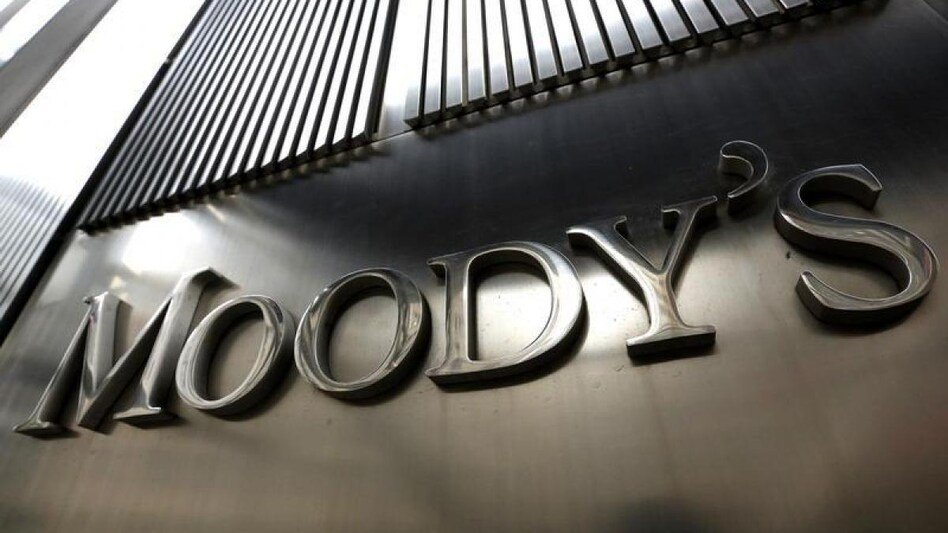Moody’s Maintains Stable Outlook on Three Indian PSU Banks’ Ratings
Moody’s, a globally renowned credit rating agency, has recently affirmed the stable outlook on the ratings of three prominent Indian Public Sector Undertaking (PSU) banks. This decision reflects the agency’s confidence in the resilience and stability of these banks despite the challenging economic environment. The banks in focus include Bank of Baroda (BoB), Canara Bank, and Bank of India (BoI), all pivotal entities in India’s banking landscape.

Why this News is Important
Positive Affirmation Amid Economic Turbulence
In an era marked by economic uncertainty due to various global and domestic factors, Moody’s decision to maintain a stable outlook on the ratings of these PSU banks is significant. It signals stability and resilience within the Indian banking sector, offering reassurance to stakeholders amidst turbulent times.
Impact on Banking Sector Dynamics
The affirmation of stable ratings is not merely a symbolic gesture; it carries tangible implications for the functioning of these banks. A stable outlook implies that these institutions are well-positioned to weather economic fluctuations and uphold their creditworthiness, which is crucial for sustaining liquidity and investor confidence.
Indication of Sound Financial Management
Moody’s assessment underscores the effectiveness of these banks’ financial management strategies. Amidst a backdrop of evolving regulatory frameworks and market dynamics, maintaining a stable outlook reflects prudent risk management practices and strategic decision-making within these institutions.
Historical Context
These affirmations by Moody’s are not isolated events but are rooted in the historical performance and standing of these banks. Over the years, Bank of Baroda, Canara Bank, and Bank of India have established themselves as stalwarts in the Indian banking industry. Their resilience during economic downturns and their ability to adapt to changing market conditions have earned them credibility and trust among investors and stakeholders.
Overall, Moody’s decision to maintain a stable outlook on the ratings of these PSU banks reflects not only their current standing but also their historical track record of stability and resilience in the face of challenges.
Key Takeaways from This News
| Serial Number | Key Takeaway |
|---|---|
| 1. | Moody’s affirms stable outlook on three Indian PSU banks’ ratings. |
| 2. | Bank of Baroda, Canara Bank, and Bank of India are the banks in focus. |
| 3. | This affirmation signals stability and resilience in the Indian banking sector. |
| 4. | It reflects positively on the financial management practices of these banks. |
| 5. | The decision offers reassurance to stakeholders amidst economic uncertainty. |
Important FAQs for Students from this News
What is Moody’s, and why is its affirmation significant for Indian PSU banks?
- Moody’s is a renowned credit rating agency that assesses the creditworthiness of institutions. Its affirmation of a stable outlook indicates confidence in the financial stability and resilience of Indian PSU banks, which is crucial for maintaining investor trust and access to funding.
How does Moody’s determine the outlook for a bank’s ratings?
- Moody’s considers various factors such as the bank’s financial performance, asset quality, capital adequacy, and market conditions to assess the outlook for its ratings. A stable outlook implies that Moody’s expects these factors to remain consistent in the near future.
Which three Indian PSU banks are mentioned in the article, and why are they significant?
- The article highlights Bank of Baroda, Canara Bank, and Bank of India. These banks are significant players in India’s banking sector and are crucial for the country’s economic growth. Their stability and performance have a significant impact on the overall financial system.
What are the implications of Moody’s affirmation for the customers of these PSU banks?
- For customers, Moody’s affirmation of a stable outlook provides reassurance about the safety of their deposits and the reliability of banking services offered by these institutions. It indicates that the banks are well-managed and capable of fulfilling their financial obligations.
How does the historical context of these PSU banks contribute to Moody’s decision?
- The historical performance and track record of these PSU banks play a crucial role in Moody’s assessment. Banks with a long-standing reputation for stability and resilience are more likely to receive favorable ratings outlooks, as they demonstrate their ability to navigate through various economic cycles.
Some Important Current Affairs Links

















